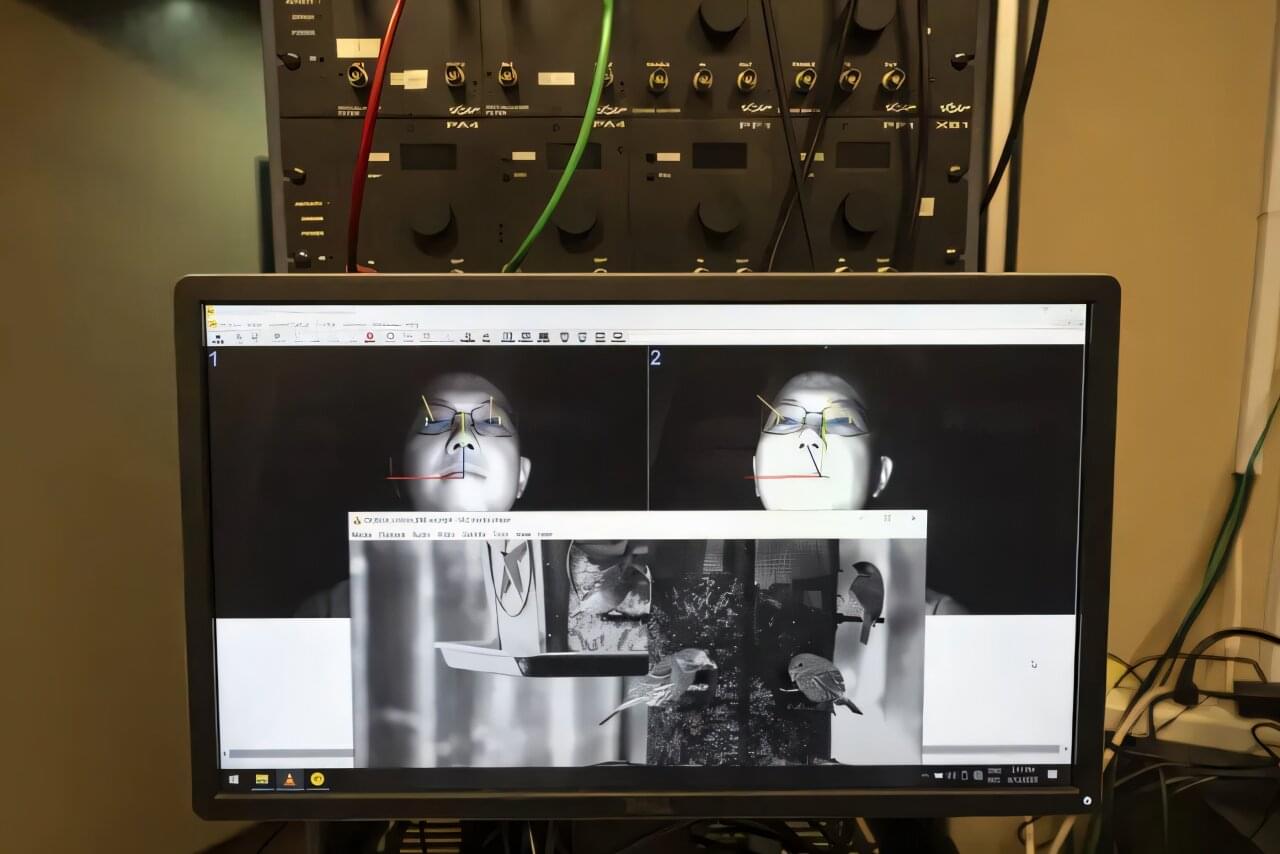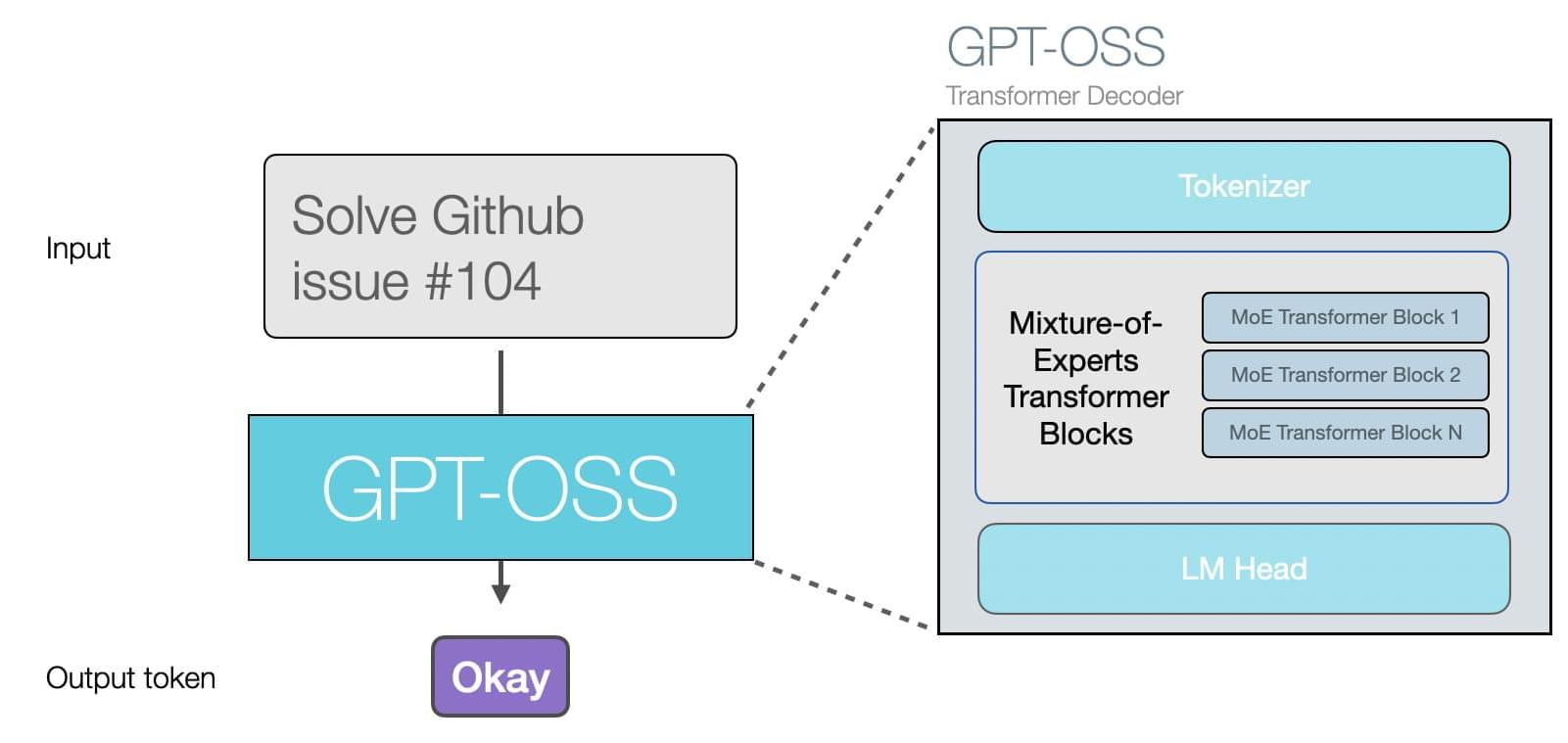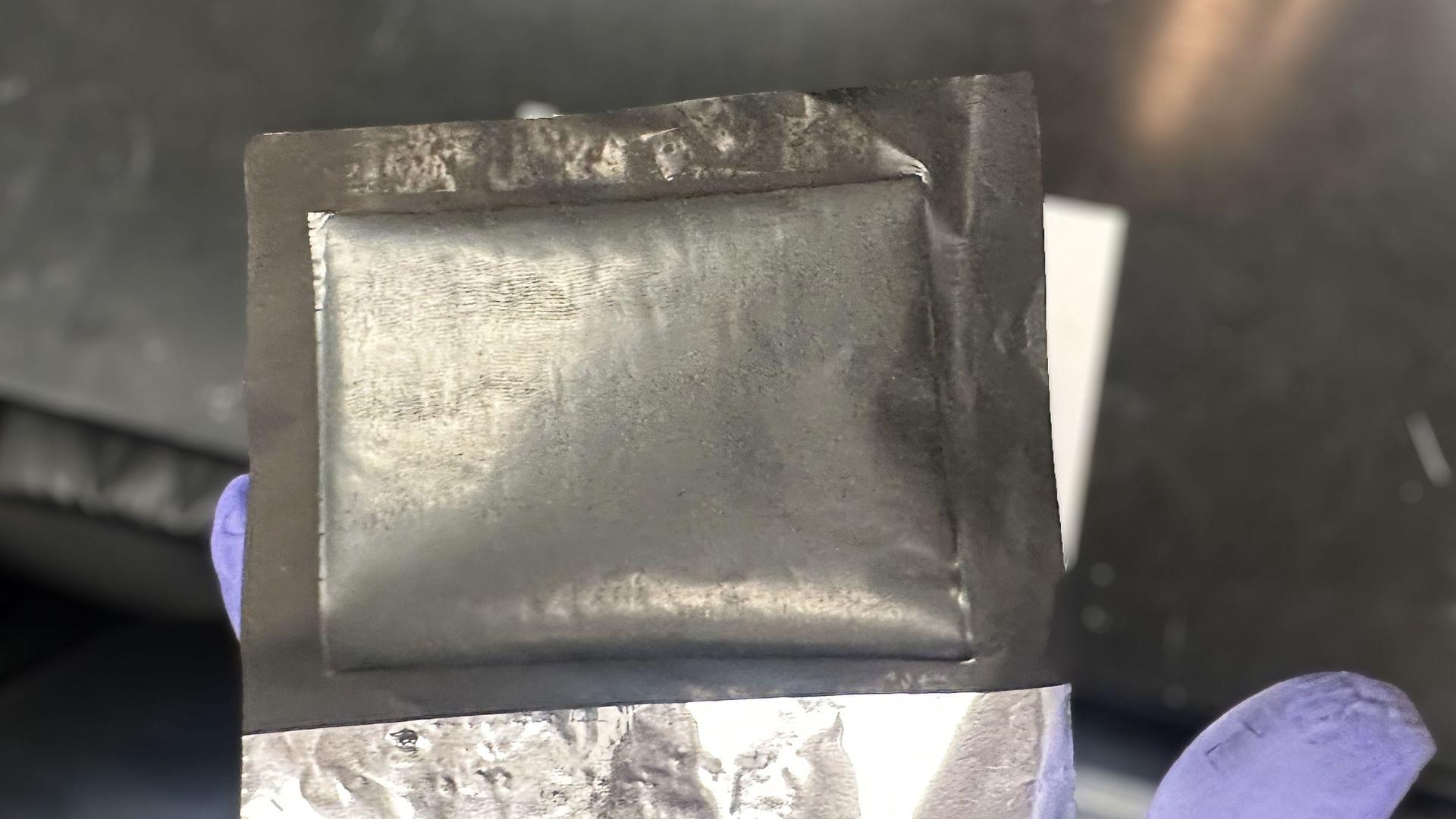A study in mice showed how respiratory viruses could awaken dormant cancer cells.



Throughout her career, Laurie Heller has listened closely—not just to words, but to sound itself. In the Auditory Lab at Carnegie Mellon University, the psychology professor explores how the brain interprets everything from environmental clatter to the subtle noises that can spark deep feelings of safety, connection, or in some cases, rage.
So when Yuqi “Monica” Qiu, then an undergraduate in computer science, emailed Heller after seeing a recruitment poster for a study, Heller was ready to listen.
“I have misophonia,” Qiu wrote. “And I want to help.”


US scientists tap seaweed for rare earths and metals used in EVs, electronics.
Researchers in the United States discovered a new way to extract rare earth minerals. They focused on seaweed, which hosts rare earth minerals in their leaf-like tissues. After multiple efforts, the Pacific Northwest National Laboratory (PNNL) research team successfully extracted critical mineral content from the seaweed biomass.
They have been growing several species in the Sequim campus and investigating different methods of extracting minerals from seaweed.



In track events.
Unitree H1 humanoids win four gold medals at Beijing’s first World Humanoid Robot Games, marking a leap in China’s robotics race.

Mitsui & Co. has formally launched a new quantum-enabled chemistry platform, QIDO, in collaboration with U.S.-based Quantinuum and QSimulate. The system, designed to accelerate the discovery of new materials and pharmaceuticals, blends classical and quantum computing resources to streamline complex chemical calculation, according to a story in Nikkei and a Quantinuum blog post.
Quantum computers hold promise for modeling chemical reactions beyond the reach of traditional supercomputers. But fully fault-tolerant systems remain years away, leaving companies searching for ways to extract value from today’s noisy, early-stage machines. QIDO, short for Quantum-Integrated Discovery Orchestrator, attempts to bridge that gap.
The platform runs most computations on powerful classical hardware while sending only the most computationally expensive steps — such as the modeling of strongly correlated electrons — to a quantum computer. This hybrid workflow allows companies to perform higher-precision chemical simulations today, without waiting for fully mature quantum systems, Nikkei reports.
Join us on Patreon! https://www.patreon.com/MichaelLustgartenPhDDiscount Links/Affiliates: Blood testing (where I get the majority of my labs): https://www.u…